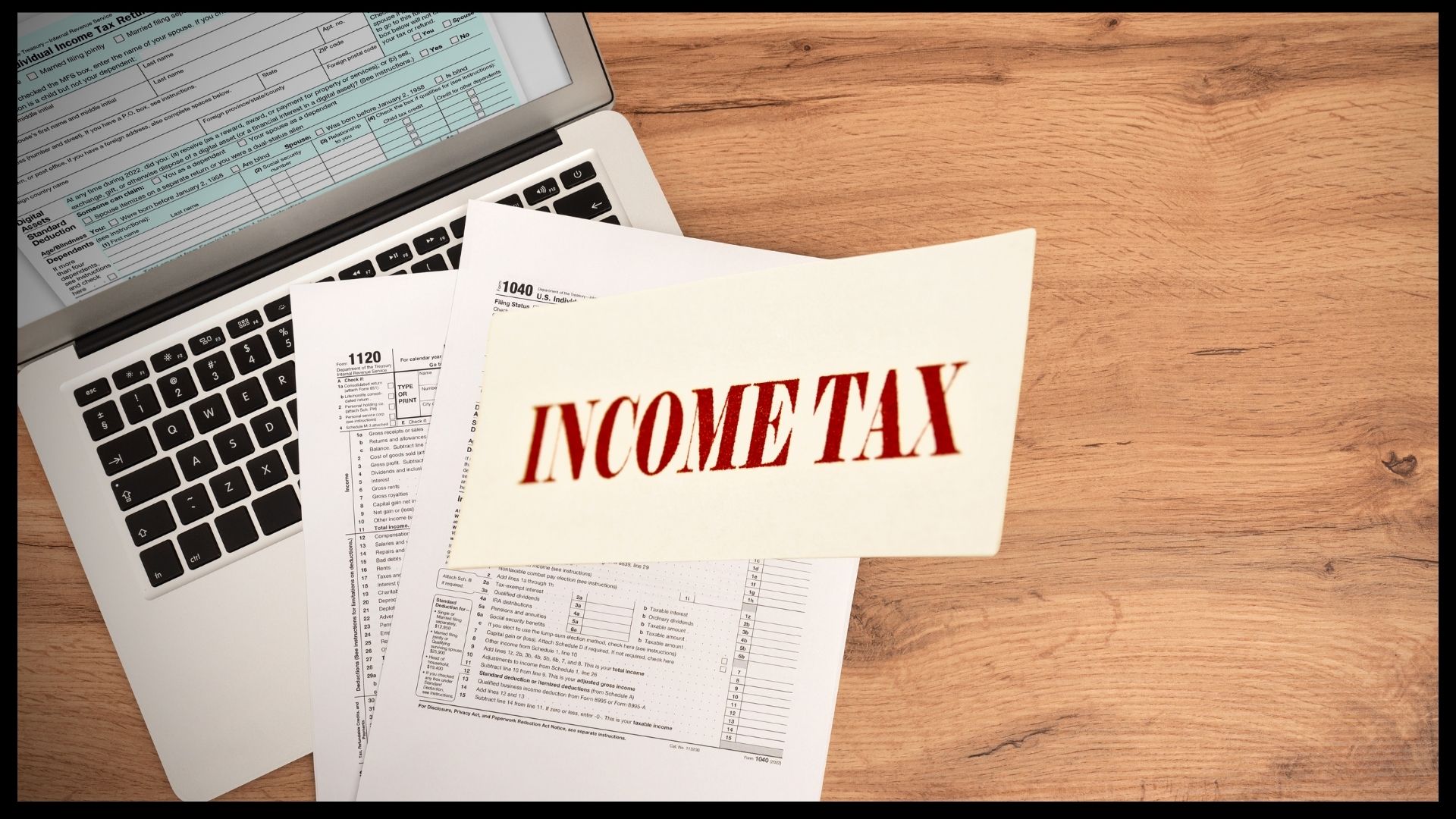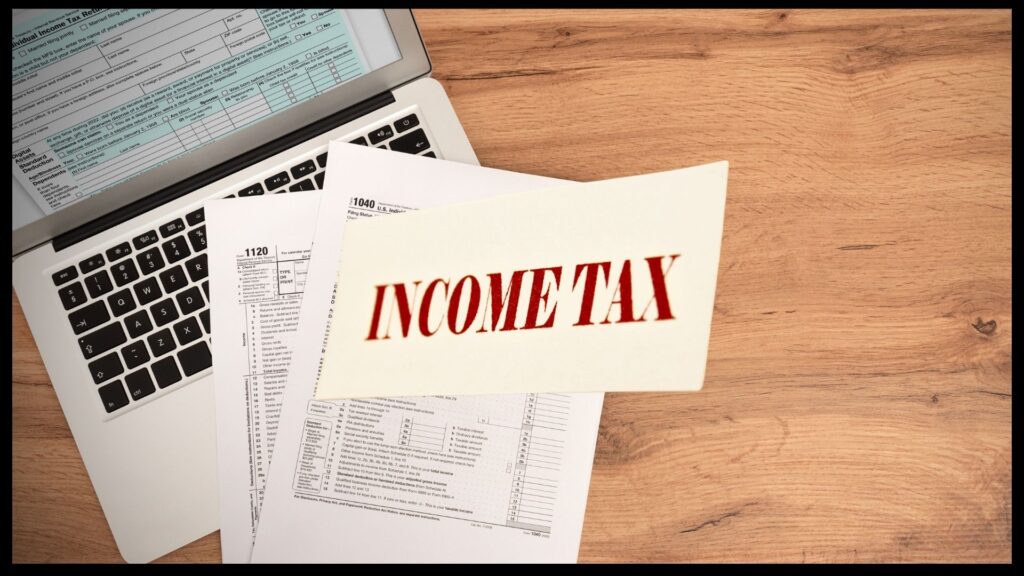
14 Feb Initiating an Income Tax Appeal to CIT (Commissioner of Income Tax)

In the intricate realm of taxation, the process of filing an Income Tax Appeal to the CIT (Commissioner of Income Tax Appeals) serves as a crucial avenue for taxpayers seeking resolution and fairness. This mechanism offers individuals and businesses the opportunity to challenge and rectify decisions made by lower authorities in navigating the complexities of tax disputes. Engaging in this appeals process demands a thorough understanding of tax laws and regulations, along with a commitment to accuracy and clarity.
OUTLINE:
When a taxpayer disagrees with a decision made by a specific authority, they have the option to escalate the matter to a higher authority through an appeal. This appeal, formally filed before the higher authority, serves as a means of recourse against decisions made by administrative bodies.
The meticulous assessment of tax liabilities and the verification of accurate filing by taxpayers are typically handled by assessing officers. These officers play a pivotal role in ensuring the integrity of filed returns and have the authority to investigate suspected tax avoidance and enforce penalties.
Taxpayers retain the right to appeal to higher authorities, such as the Commissioner of Income Tax Appeals (CIT(A)), if dissatisfied with the decision of the Assessing Officer. If still unsatisfied, further appeals can be made to the Income Tax Appellate Tribunal, thereby continuing the appeals process.
Section 246A – Appealable Order:
Various orders issued by different income tax authorities serve as grounds for appeal to the CIT(A). Some of the main orders eligible for appeal include:
- Notifications issued under Section 143(1)/(1B) indicating changes to declared income for tax purposes.
- Assessment orders passed under Section 143(3), excluding those passed based on instructions from the Dispute Resolution Panel.
- Determination decrees issued pursuant to Section 144 for Best Judgment Assessments.
- Orders of assessment, reassessment, or recompilation following the reopening of assessments under Section 147, with exceptions.
- Judgments for evaluation or re-evaluation under Section 153A or Section 158BC in cases of search or seizure.
- Rectification orders under Section 154 or Section 155.
- Decisions classifying taxpayers as representatives of non-residents under Section 163.
Appeal Time Limit:
As per Section 249(2) of the Act, the time limit for filing an appeal to the CIT(A) is 30 days from the specified date:
- For appeals related to assessment or penalty, from the date of service of the notice of demand.
- In other circumstances, from the date of delivery of the order being appealed against.
Exemptions may be granted by the CIT(A) for delays in appeal submission under specific legitimate circumstances, subject to formal request and justification.
Filing Fees:
Filing fees for appeals are determined based on the income determined by the Assessing Officer:
- Income up to or equal to Rs. 1 lakh: Rs. 250.
- Income exceeding Rs. 1 lakh but less than Rs. 2 lakh: Rs. 500.
- Income exceeding Rs. 2 lakh: Rs. 1000.
- In cases of appeal against penalty orders: Rs. 250.
Pre-deposit of Tax:
Appellants are required to pre-deposit tax amounts as per their income tax return before filing an appeal before the CIT. In cases where no return was submitted or no income was declared, an amount equivalent to the expected advance tax must be paid. Exemptions from tax payment may be granted by the CIT(A) under valid justifications.
Documents Required for Appeal:
Essential documents for filing an appeal include:
- Two copies of Form No. 35 along with a summary of facts and reasons for appeal.
- A single authenticated duplicate of the order being appealed.
- The original notice of demand.
- Details of fee payment, including challan information if filing electronically.
Appeal Procedure:
The procedure for appeals before the CIT(A) involves:
- Fixing the date of appeal hearing and informing the appellant and the Assessing Officer.
- Adjournment of the appeal if necessary, with valid reasons.
- Consideration of late submission of evidence if unintentional and justified.
- Conducting further investigations or delegating investigations to the Assessing Officer before reaching a final decision.
- Submission of additional documents if permitted by the CIT(A).
Under Rule 46A of the Act, appellants may submit additional evidence under certain circumstances, provided it was not presented to the Assessing Officer during the assessment procedure.
Decision of the Commissioner of Income Tax Appeals:
The CIT(A) resolves appeals by issuing orders stating decisions on each ground separately, accompanied by reasons for each decision. Decisions may include:
- Confirmation, reduction, enhancement, or cancellation of assessments.
- Confirmation, reduction, or enhancement of penalties.
Before enhancing assessments or penalties, the CIT(A) must provide the appellant with a fair opportunity to present arguments. Additionally, the CIT(A) has the authority to address and settle any issues arising from the assessment process, regardless of whether they were raised during the appeal hearing.
The disposal of appeals should ideally occur within one year from the conclusion of the financial year in which the appeal was filed. The corresponding decisions should be issued within 15 days following the final hearing.
Faceless Appeal:
Recent initiatives by the tax department aim to streamline the appeals process through electronic means, promoting transparency, efficiency, and accountability. These initiatives include:
- Leveraging technology to facilitate direct communication between the appellant, CIT(A), and other stakeholders.
- Centralized management of appeals through the National Faceless Appeal Centre (NFAC).
- Conducting appeal hearings via video conferencing as per CBDT procedures.
Takeaway:
In conclusion, filing an Income Tax Appeal to the Commissioner of Income Tax (Appeals) is a critical recourse for taxpayers dissatisfied with tax assessments. This process allows individuals and businesses to present their case, provide evidence, and seek fair resolutions to tax disputes. Despite its complexity, approaching the appeal process with clear documentation and concise explanations can significantly enhance the chances of a favorable outcome. Therefore, taxpayers should not hesitate to utilize the appeals process to protect their rights and ensure equitable tax assessments.


No Comments